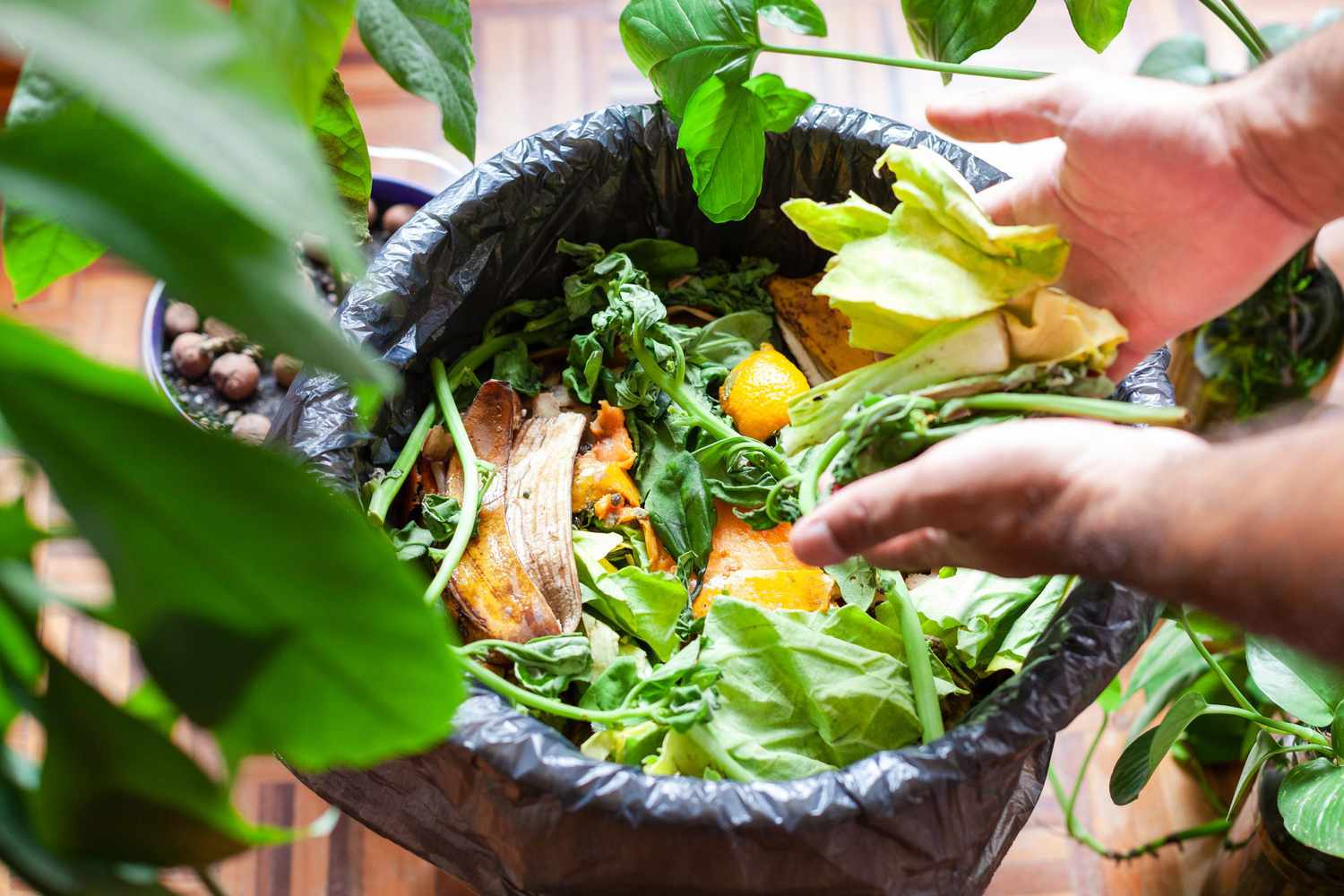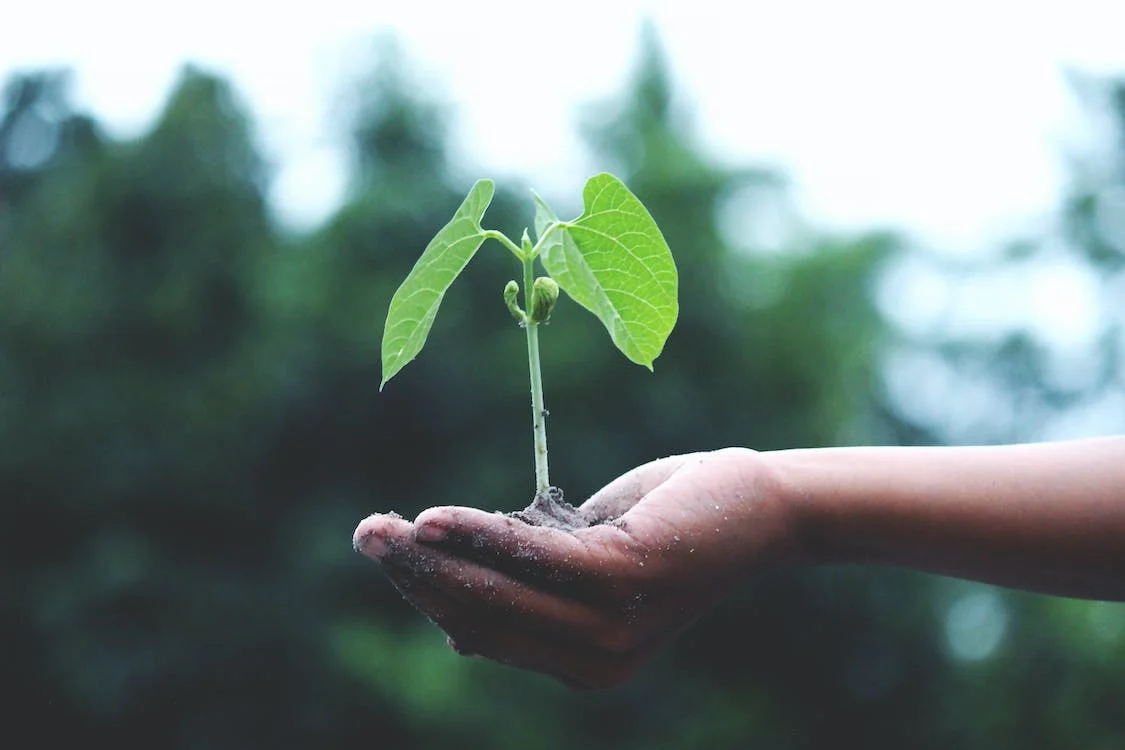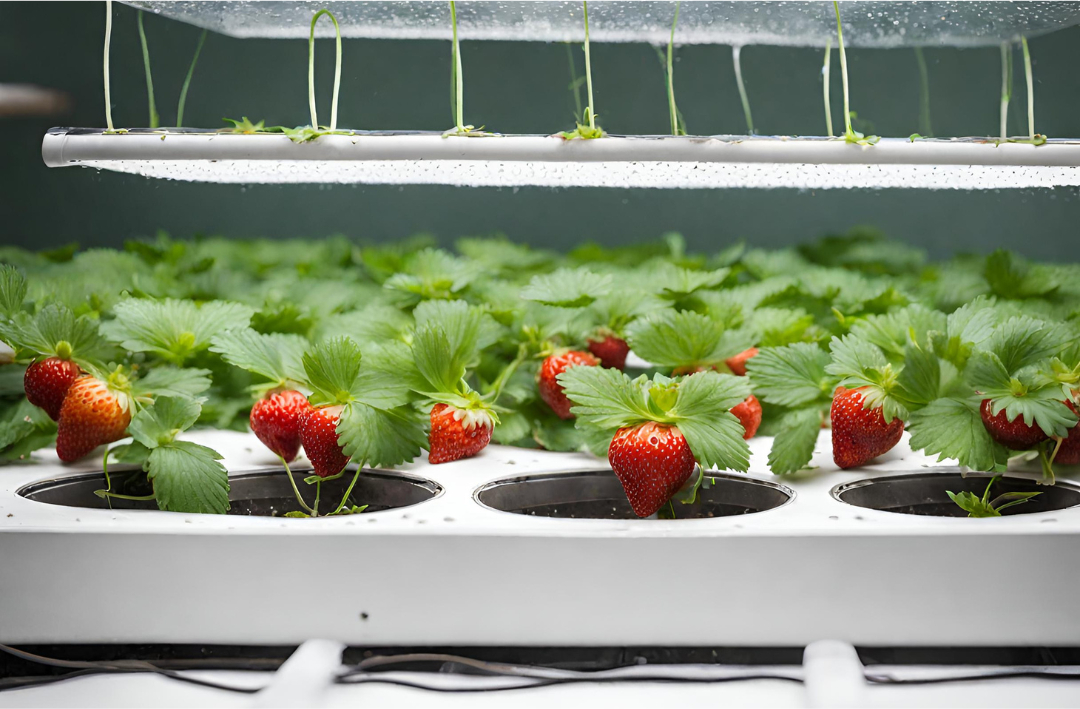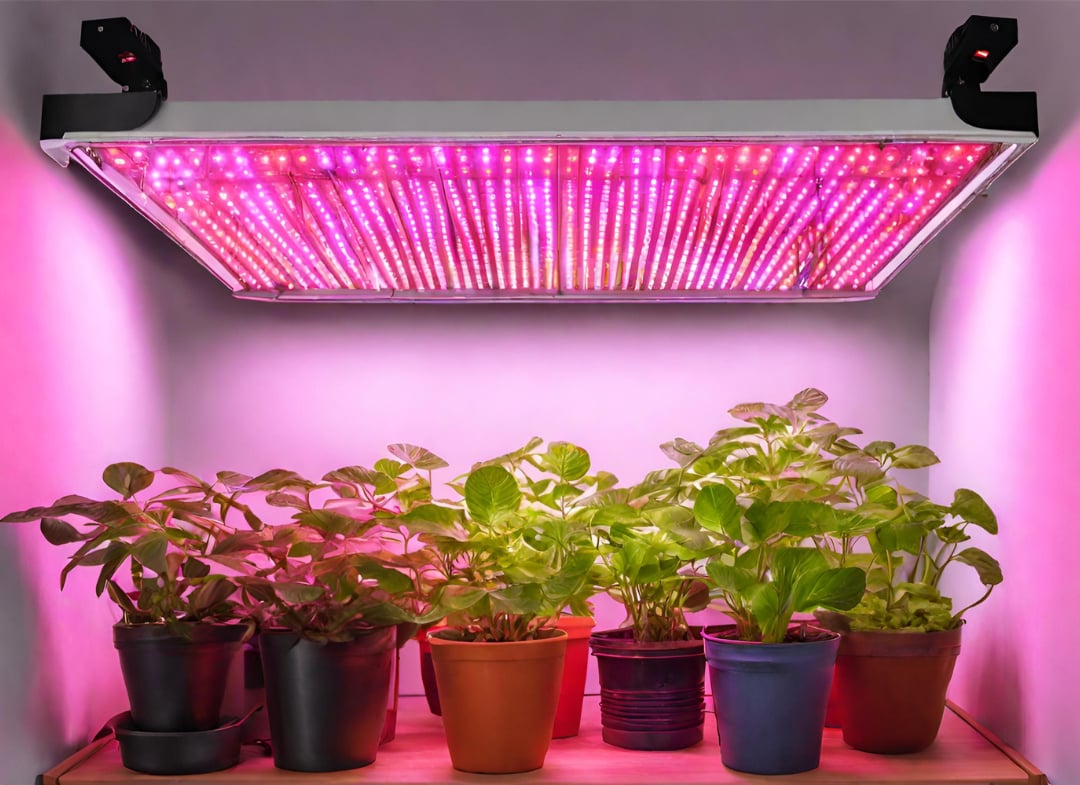
Using Compost Tea in Hydroponics

What is Compost Tea?
There are numerous benefits to using organic nutrients for your plants in hydroponics: improved root health and microbial activity, better nutrient absorption, sustainability, and enhanced flavor. But what is the best way to get organic nutrients to plants in a system that doesn’t use soil?
Enter compost tea! Compost is full of beneficial nutrients that plants use in nature every day to grow and thrive. Organic matter in decomposed food serves as a source of carbon to help build plant cell structure. Compost is full of macro-nutrients such as nitrogen, phosphorus, and potassium, which all support leaf, stem, and root development. In addition, compost contains humic and fulvic acids that improve root uptake and support a healthy environment for microbial activity. In order to use it in hydroponics, it just needs to be transmuted into a form that can be fed to your plants via water.
When mixed with other organic nutrient solutions, compost tea can be an integral part of your hydroponic system.
How to Make Compost Tea
The first step to making compost tea is to procure the primary ingredient. Compost can be saved from food waste at home – greens, fruits, eggshells, and other kitchen scraps — as well as discarded outdoor plant material. It’s important to make sure that a variety of fruits, vegetables, and mushrooms are used in the compost in order to boost the amount of nutrients available to your plants. In addition, you can enhance microbial activity by adding healthy garden soil to the compost.
The compost can’t just be used right away, it needs to be stored and aged for a few weeks in a container. Ideally, you would have a large “green” container either outside or in a garage where the compost can be stored and covered for at least a few weeks. This allows the decomposition process to do its work and develop the essential chemicals and microbes that will help your living plants grow more healthily.
Once the compost is ready, you will need the following equipment to make compost tea:- Bucket
- Mesh bag to hold compost
- Air stones or air pump
- Stirring implement
- Prepare Compost Bag: Fill a mesh bag with a cup or two of well-aged compost. This will act as the "tea bag."
- Fill the Brewing Container: Fill your brewing container with water. Make sure it is dechlorinated before using.
- Submerge Compost Bag: Place the compost bag into the water, ensuring it's fully submerged.
- Add Aeration: Attach the air stones to the air pump and place them in the brewing container. Turn on the pump to start the aeration process.
- Brew Time: Allow the compost tea to brew for 24 to 48 hours, stirring occasionally. The constant aeration encourages the growth of beneficial microorganisms.
- Straining: After brewing, remove the compost bag and strain the liquid to remove any remaining solid particles.
How to Apply Compost Tea to Hydroponic Plants
Once you’ve made and harvested the compost tea, it needs to be administered properly to your plants.
Before applying compost tea to your plants, make sure that it is diluted with water. Ideally, you want a 1:10 ratio of compost tea to water, which ensures that the nutrients in the compost have the medium to be transported to the plant roots.
After that, using it is as simple as pouring it directly into your system during a regular nutrient cycle, every two to three weeks depending on the size of your garden, the type of plants, and what your plants’ regular feeding schedule is. Compost tea can also be applied directly to leaves as a foliar spray.
When using compost tea in hydroponics, make sure that you monitor the system for any clogging and clear any debris during your regular cleaning schedule. While any larger chunks of compost should be filtered out during the tea-making process, it’s still good to make sure that smaller particles aren’t causing disruptions in the system.
Getting Creative with Food Waste
Do you not have the ability to make compost at home? No worries, we have an excellent selection of compost teas to choose from and use in your hydroponics garden. Hopefully, this article has given you the ability to start developing a holistic system where the food you eat can go right back into your garden, to make tastier food for you to eat!
About the Author











